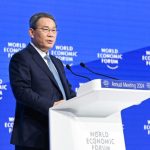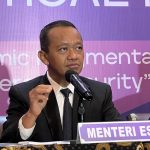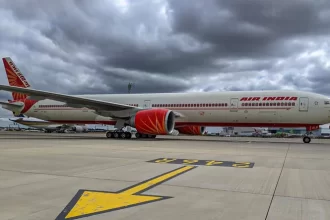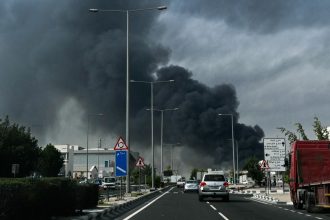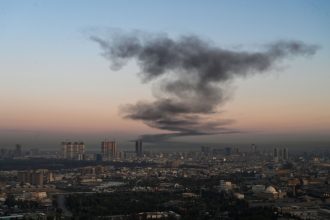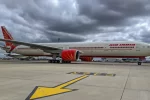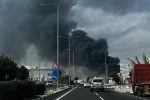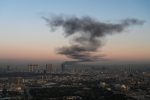DUBAI, June 25 — In a bold and emotionally charged move, Iran’s parliament has passed a bill to scale back its cooperation with the United Nations’ nuclear watchdog, a step that reflects deepening distrust and growing frustration after a recent wave of attacks on its nuclear facilities.
The bill, announced by state-affiliated Nournews, still needs a green light from the Supreme National Security Council to become official. But the message is clear: Tehran feels abandoned and under siege—by both long-time adversary Israel and the United States.
At the heart of the decision is anger over what Iranian officials view as silence—or worse, complicity—from the International Atomic Energy Agency (IAEA), after Israeli and American strikes targeted Iranian nuclear infrastructure.
Parliament Speaker Mohammad Baqer Qalibaf didn’t hold back. According to state media, he accused the IAEA of “putting its international credibility up for sale” by refusing to condemn the attacks. “Until the safety of our nuclear facilities is assured, we will halt cooperation with the agency,” he declared, adding that Iran will now push forward its peaceful nuclear programme at a faster pace.
Tehran has consistently denied seeking nuclear weapons, saying its programme is civilian in nature. But tensions are mounting after the IAEA passed a resolution this month accusing Iran of breaching its non-proliferation commitments—something Iran says only encouraged further attacks by Israel.
The parliament’s national security committee had earlier supported the move, which could see surveillance cameras removed, inspections paused, and routine reports to the IAEA halted. The implications are significant, not just for Iran, but for global nuclear oversight.
Meanwhile, Iran’s Foreign Minister Abbas Araqchi told Qatar’s Al-Araby Al-Jadeed that the country is reevaluating its stance on nuclear policy: “Our view on the nuclear programme and the non-proliferation regime is changing. How exactly, it’s too soon to say.”
With regional tensions high and diplomacy under strain, the world watches closely—hoping this standoff doesn’t spiral into something far worse.

